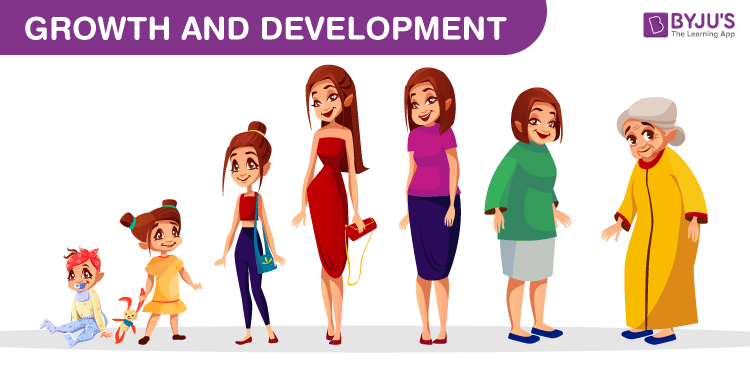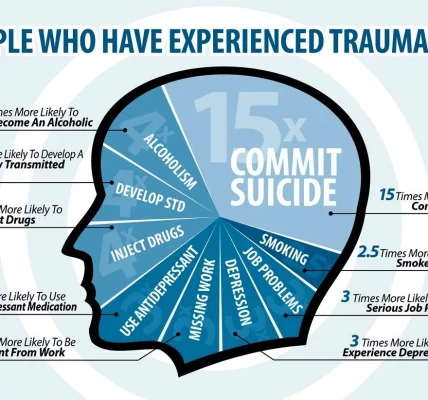Growth and Development A Journey from Infancy to Adulthood
Growth and development are complex processes that involve physical, cognitive, and emotional changes. From infancy to adulthood, individuals undergo significant transformations.
Physical Development
- Infancy: Rapid growth, development of motor skills, and sensory abilities.
- Childhood: Steady growth, development of fine and gross motor skills, and increasing independence.
- Adolescence: Puberty, rapid growth spurts, and development of secondary sex characteristics.
- Adulthood: Physical peak, followed by gradual decline in certain functions.
Cognitive Development
- Infancy: Sensory and motor development, language acquisition, and object permanence.
- Childhood: Development of logical thinking, problem-solving skills, and imagination.
- Adolescence: Abstract thinking, critical thinking, and decision-making skills.
- Adulthood: Continued cognitive development, with potential declines in certain cognitive functions in older age.
Emotional and Social Development
- Infancy: Attachment formation, basic emotions, and social interactions.
- Childhood: Development of self-concept, empathy, and friendships.
- Adolescence: Identity formation, peer relationships, and romantic relationships.
- Adulthood: Intimacy, generativity, and ego integrity.
Factors Influencing Growth and Development
- Genetics: Inherited traits influence physical appearance, temperament, and susceptibility to certain diseases.
- Nutrition: A balanced diet provides essential nutrients for growth and development.
- Environment: The physical and social environment can significantly impact growth and development.
- Health: Good health and the absence of chronic illnesses are essential for optimal development.
Promoting Healthy Growth and Development
- Regular Check-ups: Regular medical check-ups can monitor growth and development.
- Healthy Diet: A balanced diet rich in fruits, vegetables, and whole grains is essential.
- Physical Activity: Regular exercise promotes physical and mental health.
- Quality Sleep: Adequate sleep is crucial for growth, development, and cognitive function.
- Positive Relationships: Strong relationships with family and friends can support emotional and social development.
- Education: Access to quality education is essential for cognitive development.
By understanding the stages of growth and development, parents and caregivers can provide the necessary support and guidance to help children reach their full potential.




